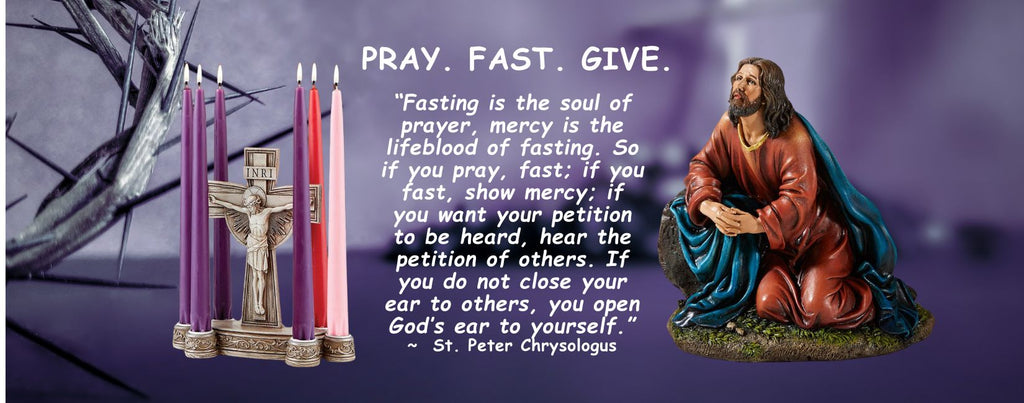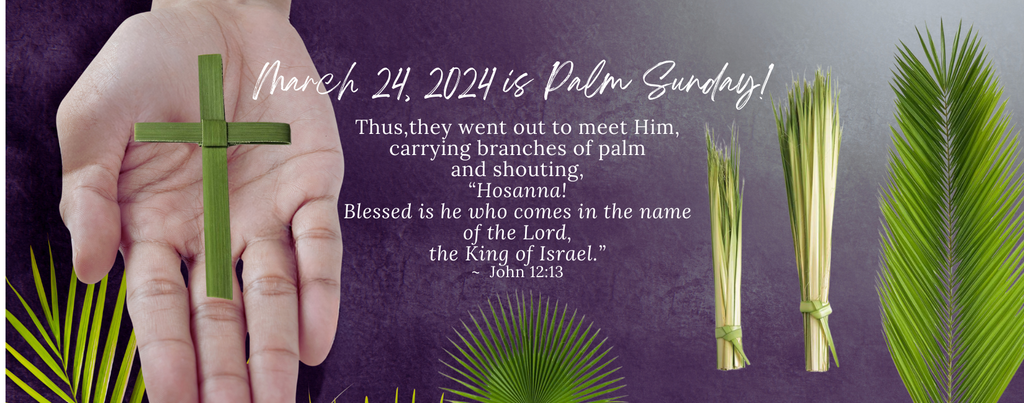
What Is Ash Wednesday? Why Do Christians Celebrate Ash Wednesday?
By Karen Riobo
Ash Wednesday is considered one of the most popular and essential sacred days in the liturgical calendar. It marks the beginning of the season of Lent for many Christians, more specifically for the Catholic Church. The season of Lent is an opportune time to reflect on the Passion, Death, and Resurrection of the Lord Jesus Christ. It is also a call for Christians to admit their sins, do penance, and renew their baptismal promises which happen on Easter Vigil, which has often been described as the “Mother of All Vigils.”
Some Biblical References of Ashes
In the Bible, ashes symbolize grief and repentance. In Genesis (3:19), we can find that, after the Fall of Adam and Eve, God expelled them from the Garden of Eden with the reminder “By the sweat of your brow you shall eat bread, Until you return to the ground, from which you were taken; For you are dust, and to dust you shall return.”
Another biblical passage that we can cite is that of the Book of Jonah. God sent Jonah to the great city of Nineveh to warn the citizens to repent to avoid the impending destruction of the city. Upon hearing Jonah’s preaching, the king of Nineveh arose from his throne, divested himself from royal robes, wore sackcloth, and sat on ashes as a sign of repentance. He also decreed that the people of Nineveh should do the same.
Contrary to its appearance, ashes are a sign of cleanliness in the Bible. The nineteenth chapter of the Book of Numbers relates that the ashes of the burnt red heifer shall make clean those who are unclean. The Letter to the Hebrews makes reference to this and takes on a higher, more profound concept of being clean through the blood of Jesus Christ.
Origin of Ash Wednesday
In ancient Rome, it was a practice for penitents and people who committed grievous sins to start their period of public penance on the first day of Lent. This was in preparation for their renewal to the Sacrament of the Holy Eucharist. As part of their penance, they were sprinkled with ashes, clad in sackcloth, and were obliged to separate themselves until they were reconciled with the Christian community on Maundy Thursday. After the 10th century, these practices were discontinued. However, the beginning of Lent was still symbolized by placing of ashes on the heads of the entire people.
Ash Wednesday and Its Significance
Ash Wednesday is most known for a profound rite done during the liturgical celebration of the day. Ashes, usually derived from the burned palm fronds from the previous year’s Palm Sunday, are blessed and imposed on the faithful’s foreheads. With the blessed ashes, as the Sign of the Cross is being marked on the person’s forehead, the priest reminds each Christian with these words: "Remember that you are dust, and to dust you shall return." Alternatively, the words "Repent and believe in the Gospel" may also be used.
Ash Wednesday, together with Good Friday, is a day of fasting and abstinence. The 1983 Code of Canon Law provides the specific provision for the observance of these practices: “Abstinence and fasting are to be observed on Ash Wednesday and Good Friday.” (can. 1251). Fasting and abstinence are penitential practices or acts of self-denial that dispose us to be liberated from worldly interruptions and distractions and to in a particular way imitate the Lord Jesus Christ in His suffering. In the Latin Catholic Church, fasting and the norms surrounding it are mandatory for the faithful from age 18 until 59. A person is permitted to eat one full meal for that day, as well as two smaller meals that, when combined, are not equal to a full meal. On the other hand, the norms on abstinence from meat are obligatory upon the faithful from age 14 onwards.
Aside from fasting and abstinence, Ash Wednesday, as the prelude to the season of Lent, also reminds Christians to pray with great intensity. The Lenten season is a privileged time to reconnect with God through moments of prayer every day. Prayer is essentially an indispensable component of our relationship with God. Another invitation for Christians for Ash Wednesday is the call to give alms, or in general to help those in dire need. One’s self-denial involves giving and sharing with those who are denied even with basic human needs. As a guide, the Catholic Church gives us a “list” of what we can do to help our brethren. These are the Seven Corporal and Spiritual Works of Mercy.
Ash Wednesday is a solemn reminder of our mortality. This day also reminds us of our need for repentance and reconciliation with God. It is the start of one’s inner journey towards a reunion with and a homecoming to God.



Leave a comment